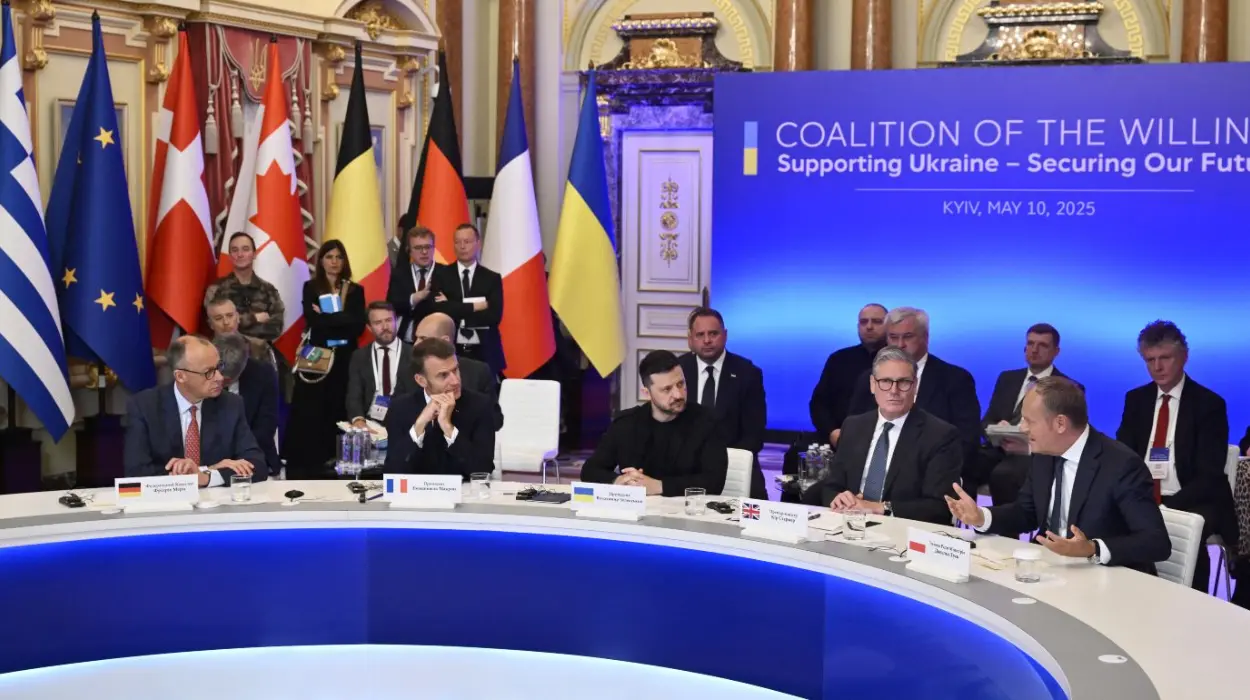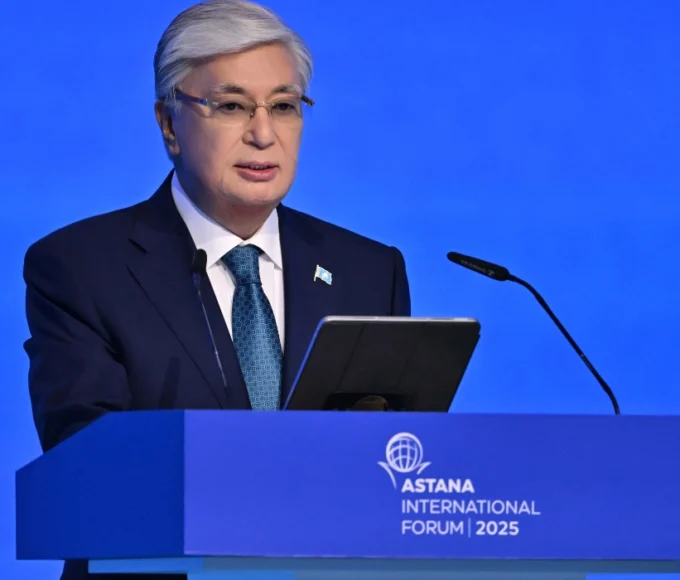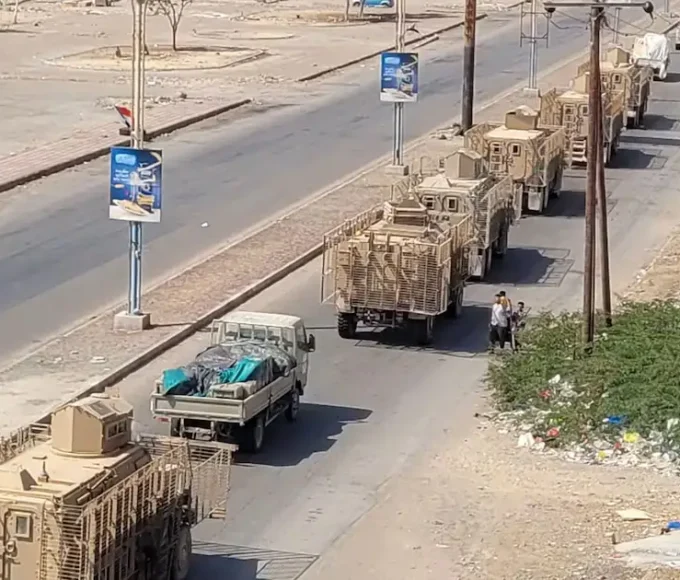The war in Ukraine has reached a crucial point where European leaders are being pushed to take decisive action. In recent days, European Union leaders met in Kyiv with Ukrainian President Volodymyr Zelensky, signaling a critical moment in diplomatic efforts to end Russia’s invasion. However, the European leaders’ efforts to coordinate peace talks with U.S. President Donald Trump have exposed deeper challenges in Europe’s ability to control the situation on the ground. While the U.S. plays a pivotal role, Europe has the power to influence military operations in Ukraine, especially by enforcing a ceasefire and taking action against Russia’s military activities.
The European Summit in Kyiv: A Unified Front for Peace
Summit of European Leaders in Kyiv
European leaders from Germany, France, Poland, and the United Kingdom, alongside Ukraine’s President Zelensky, gathered in Kyiv to discuss strategies to bring about peace. They proposed a 30-day ceasefire, which would be followed by direct negotiations between Ukraine and Russia. If Russia failed to comply, the EU leaders threatened to impose “massive” sanctions on Russia’s banking and energy sectors, particularly targeting fossil fuels and the shadow fleet used by Russia to bypass sanctions.
However, despite their strong rhetoric, the European leaders’ demands faced immediate resistance from U.S. President Donald Trump, who undermined their stance. Trump suggested that Ukraine should take additional steps, such as meeting with Russian representatives in Turkey, while delaying any significant sanctions on Russia.
Read also: Former EU Foreign Policy Chief Josep Borrell Accuses Israel of Genocide in Gaza
Challenges in European Sanctions and the U.S. Response
Uncertainty Over Sanctions
One of the core proposals was to impose tough sanctions on Russia’s financial and energy sectors. While sanctions have already been implemented by the EU, there are ongoing challenges in securing the unanimous approval of all EU members, especially as countries like Hungary have close ties to Russia.
Europe’s attempt to use sanctions as a tool of pressure has been met with resistance, both internally and from external forces, notably the U.S. Trump’s stance, which appeared to favor talks over sanctions, has raised doubts about Europe’s ability to enforce impactful measures without full U.S. backing.
Europe’s Role in Military Operations
A New Strategy for Military Action
Instead of relying solely on sanctions, European leaders have an opportunity to take military action to shift the power dynamics in Ukraine. By enforcing a partial ceasefire in Western Ukraine and Kyiv, Europe could disrupt Russian attacks and directly contribute to halting violence in key regions. This would demonstrate Europe’s ability to take charge of the situation without waiting for the U.S. to make the first move.
While this could potentially escalate tensions, it aligns with Article 51 of the UN Charter, which allows countries to take defensive action against aggression. The European Union should therefore explore ways to directly intervene in military operations, focusing on self-defense and humanitarian concerns, rather than relying on indirect measures like sanctions.
The Diplomatic Role of Europe: Navigating Tensions with the U.S.
Leveraging Diplomatic Relationships
Since U.S. President Trump’s first term, European leaders have carefully navigated the tensions between the EU and the U.S., using diplomatic channels and strategic relationships to maintain a unified front. French President Emmanuel Macron, for instance, has leveraged his relationship with Trump to ensure that European actions remain coordinated with the U.S. This has allowed Europe to avoid a direct clash with the U.S. over their handling of the Ukraine war and maintain an open line of communication with Ukrainian officials.
However, Europe’s efforts have been hampered by Trump’s unpredictable approach. Despite European diplomacy, the U.S. has repeatedly shifted its stance on sanctions and peace talks, leaving Europe to shoulder the responsibility for action in the face of Russia’s aggression.
A Path Forward: Europe’s Leadership in the Ukraine Conflict
Enforcing a Ceasefire and Beyond
As the situation in Ukraine continues to unfold, it is clear that Europe must take a more active role. European leaders have repeatedly called for a ceasefire, but their calls have been met with mixed responses from Russia and the U.S. Moving forward, Europe needs to step up its actions by:
- Enforcing partial ceasefires in critical regions like Kyiv.
- Strengthening military defenses and coordinating with NATO allies to ensure the security of Ukraine’s borders.
- Continuing diplomatic efforts to bridge the gap between Ukraine and Russia, while focusing on direct negotiations.
- Aligning closely with U.S. efforts on sanctions, ensuring that they are not merely symbolic but impactful.
Conclusion: The Need for Bold European Action
In conclusion, while Europe has played an essential role in supporting Ukraine through diplomacy and sanctions, it’s now time for European leaders to take more direct military action. By enforcing a partial ceasefire and stepping up sanctions, Europe can not only help stop the ongoing conflict but also send a strong message to Russia and the global community. Europe’s leadership is more crucial than ever to ensure a peaceful resolution to the war in Ukraine and a stronger future for the EU’s international role.
This article is originally published on: reuters








